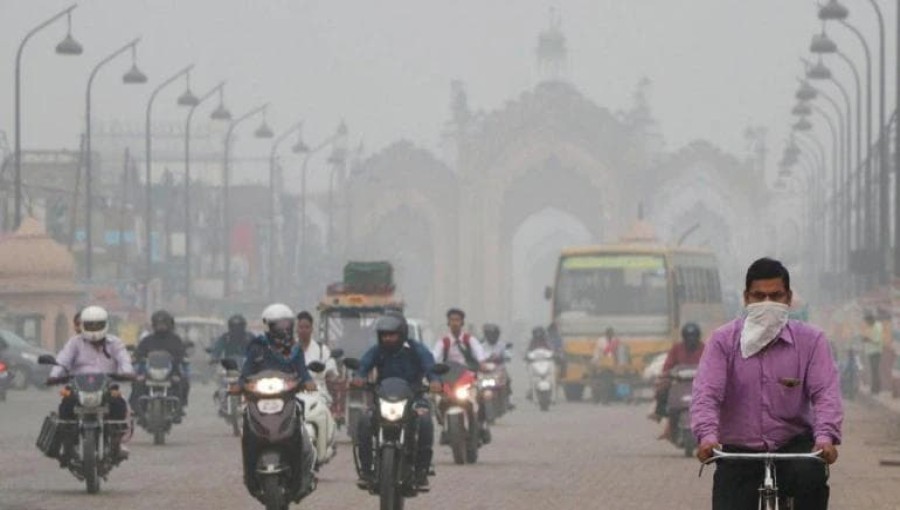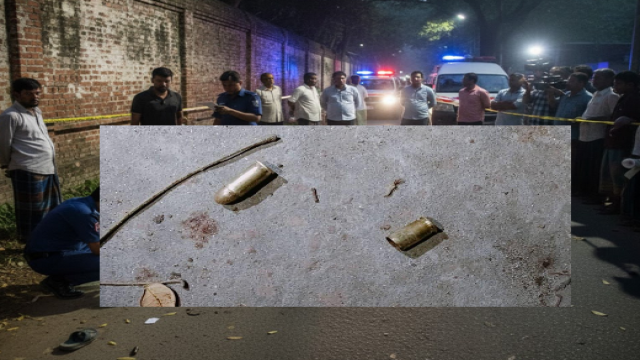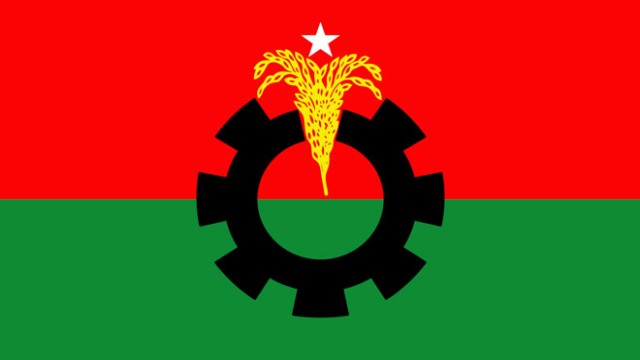It's concerning to see Dhaka ranking 17th on the list of cities worldwide with the worst air quality, with an AQI score of 88 classified as 'moderate'. The presence of pollutants in the air, even at moderate levels, can have adverse effects on public health, particularly for vulnerable groups.
The ranking of Bahrain's Manama, Democratic Republic of the Congo's Kinshasa, and Pakistan's Lahore at the top of the list underscores the global challenge of air pollution faced by urban centers.
Understanding the AQI and its associated health effects is crucial for residents to take necessary precautions to protect themselves, especially during periods of poor air quality. It's important for authorities to continue monitoring and addressing sources of pollution to improve air quality and safeguard public health.
The fact that Dhaka's air quality worsens in winter and improves during the monsoon highlights the seasonal nature of the problem and the need for targeted interventions to mitigate pollution levels year-round.
The statistics provided by the World Health Organization serve as a stark reminder of the significant public health burden posed by air pollution globally. Addressing this issue requires concerted efforts at local, national, and international levels to reduce emissions and promote cleaner, healthier environments for all.































Comment: